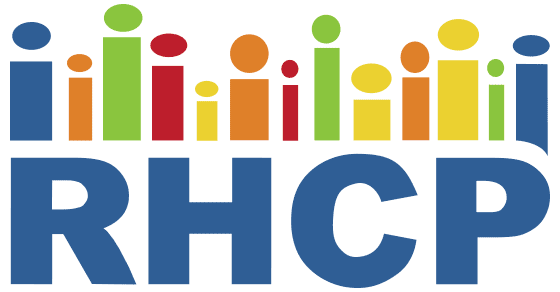Healthy Immigrant Families: Randomized Controlled Trial of a Family-Based Nutrition and Physical Activity Intervention
American Journal of Health Promotion 2018
RHCP’s Healthy Immigrant Families study was a randomized controlled trial designed to improve dietary quality and physical activity among Hispanic, Somali, and Sudanese immigrant families in Rochester, Minnesota. Using a CBPR approach, community and academic partners co-developed a 12-module intervention delivered by trained, language-congruent Family Health Promoters through home visits and follow-up calls. The intervention emphasized culturally relevant strategies, family engagement, and behavior change principles rooted in social cognitive theory. At 12 and 24 months, adults in the intervention group showed significant and sustained improvements in dietary quality, particularly in reducing empty calories and increasing intake of greens and beans. However, no significant changes were observed in physical activity levels or biometric outcomes such as BMI and blood pressure.
Adolescents did not experience sustained improvements in dietary or physical activity outcomes, likely due to inconsistent participation and competing commitments. Despite high baseline physical activity levels, which may have created a ceiling effect, the intervention did not significantly impact activity patterns. The study demonstrated strong treatment fidelity, high adherence, and successful community-led recruitment and retention, validating the feasibility of conducting rigorous trials in immigrant populations. RHCP’s participatory model highlights the importance of culturally tailored, family-centered interventions and suggests that future efforts should include more targeted strategies for adolescent engagement and potentially integrate weight loss components for adults.
